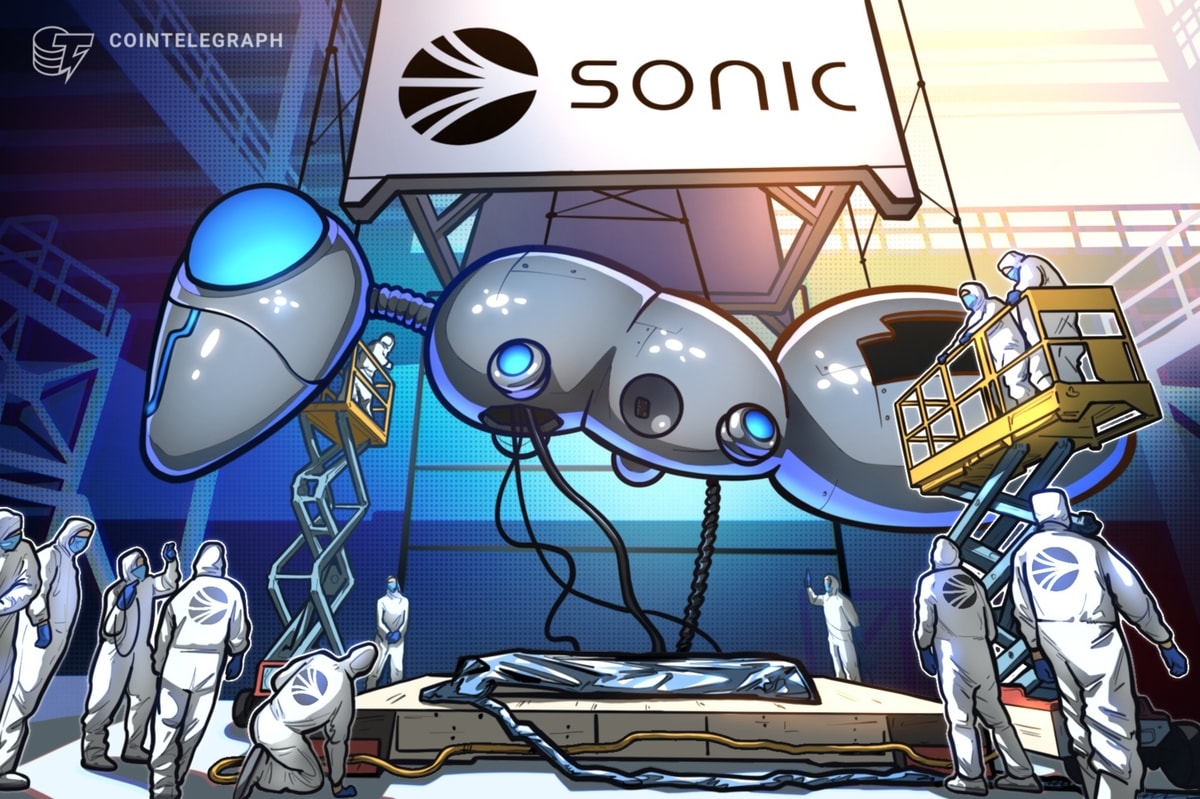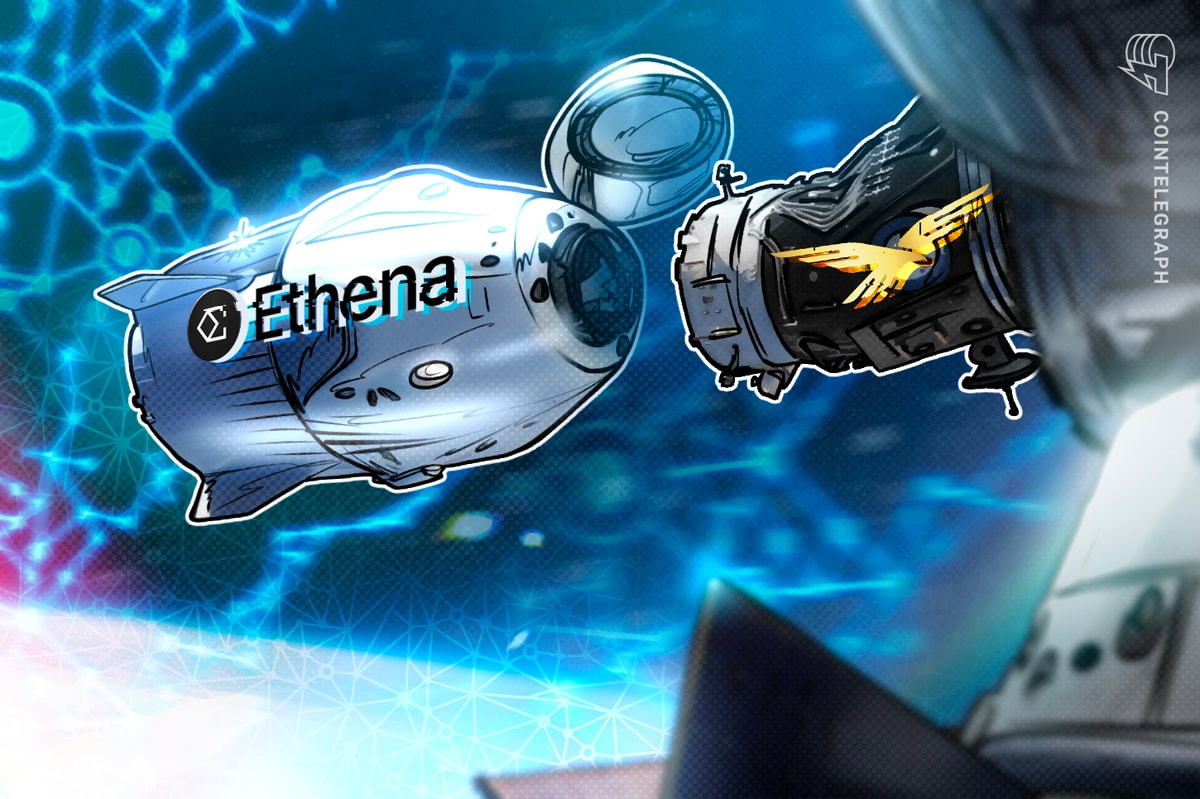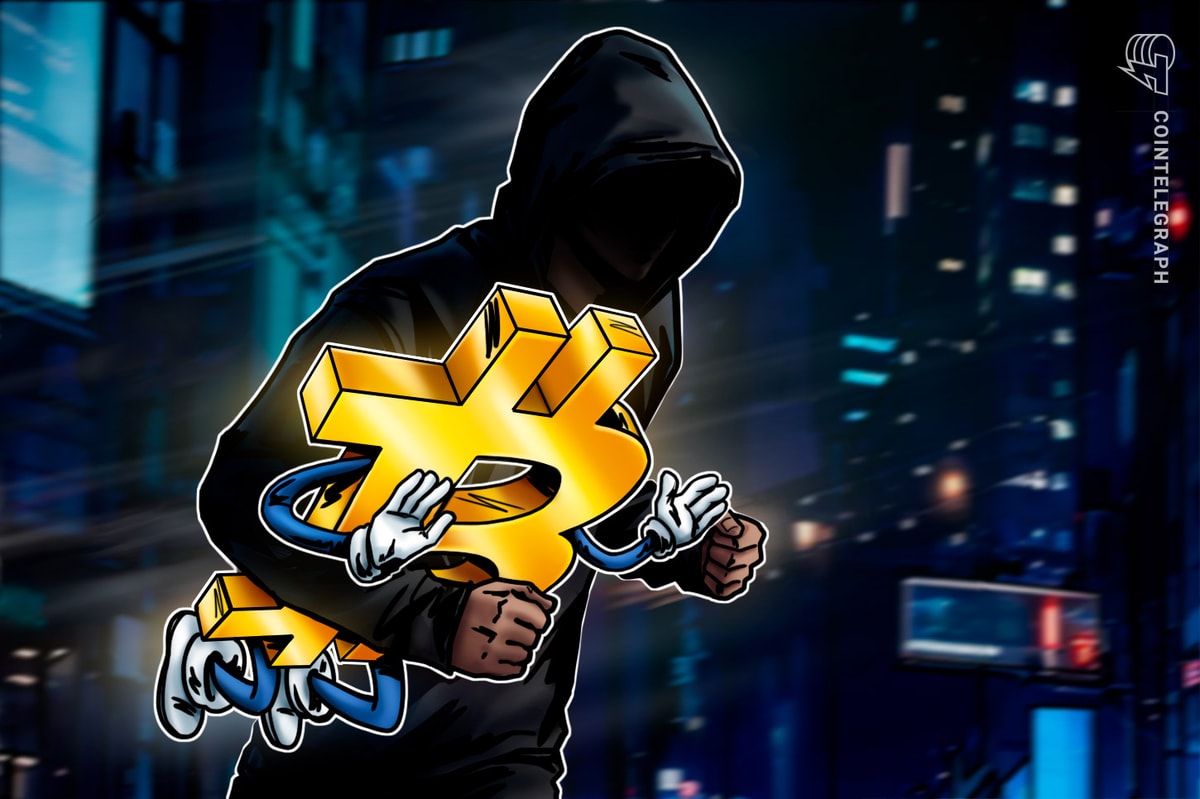Sonic, a developer-friendly blockchain that offers solutions to industry-wide problems, officially launches mainnet.
Today’s blockchain landscape can be a minefield of challenges for both developers and users. Developers — the masterminds behind decentralized applications (DApps) — often struggle to earn a fair slice of the value their apps generate, with validators taking almost all the network fees. As a result, developers resort to tacking on extra fees to users that may alienate them.
Security is still an issue for most blockchains. Existing bridges are usually managed by centralized entities, which are prone to exploits, turning them into ticking time bombs waiting for the next catastrophic hack.
Meanwhile, liquidity remains fragmented across diverse blockchain ecosystems, forcing projects and users into clunky integrations, slow transaction times and complicated workflows. All these can make the blockchain landscape feel more like a puzzle missing key pieces than a smoothly operating machine, which highlights the need for a fresh approach.
Mainnet goes live
Sonic, an Ethereum Virtual Machine (EVM)-compatible layer-1 blockchain, emerged as a solution aiming to rewrite these narratives. The project has officially launched its mainnet to usher in a new era where both builders and users thrive.
The official Sonic mainnet explorer is here, powered by @etherscan.
— Sonic Labs (@SonicLabs) December 17, 2024
Explore blocks ahead of our public launch.
🗺️ https://t.co/4LaizctJ1f pic.twitter.com/ad6BKu5Lmv
Sonic employs a Fee Monetization program that offers a solution to one of the industry’s most persistent problems: developer incentives. The program flips the traditional model, which mainly benefits validators and undercompansates developers, by redistributing up to 90% of network fees directly to developers. This approach mirrors the ad revenue models of Web2 platforms, but in a decentralized context where control remains with the builders to ensure a more equitable ecosystem.

How Fee Monetization works. Source: Sonic
The fragmentation and the siloed nature of blockchains necessitate bridging solutions to effectively navigate the space. The Sonic Gateway serves as a fully decentralized bridge connecting Ethereum and Sonic securely. The same validators that secure Sonic also operate the gateway, ditching single points of failure existing in centralized bridges. The built-in fail-safe mechanism adds an extra layer of security and ensures even if the entire network took a nap for two weeks, users could still reclaim their funds.
Sonic is built for performance. The chain can handle over 10,000 transactions per second, all sealed with sub-second finality, eliminating the bottlenecks that slow down traditional blockchains.

Source: Sonic
Near-instant confirmations open the door to a wide range of DApps, including high-velocity trading platforms, games that run at a real-time pace and intuitive financial instruments that respond to actions at warp speed. For users, it means interacting with decentralized systems that feel as smooth as traditional apps.
The migration process
With the launch of the mainnet, developers can deploy their DApps seamlessly, thanks to EVM compatibility and Solidity/Vyper support. MySonic, the ecosystem’s user-friendly portal, enables users to interact with the chain from one stop, allowing users to explore DApps, stake tokens and participate in governance.
Sonic’s native token, S, takes its place as the backbone of the ecosystem. Powering governance, validator operations and all kinds of transactions, S is swappable 1:1 from FTM. Users can migrate their FTM to S by connecting their Web3 wallet to MySonic portal, selecting the amount of FTM they wish to convert and approving the transaction, with S tokens appearing in the same wallet address in under a minute.
Easing the way to DeFi
Mainnet going live marks the start of a new chapter in Sonic’s journey. In the coming months, the project plans to unlock new use cases, attract liquidity and see the ecosystem grow with new, innovative DApps.
By rewarding innovation and engagement and streamlining the blockchain experience, Sonic aims to encourage developers to deliver enhanced user experiences while easing the way to DeFi for users.
Disclaimer. Cointelegraph does not endorse any content or product on this page. While we aim at providing you with all important information that we could obtain in this sponsored article, readers should do their own research before taking any actions related to the company and carry full responsibility for their decisions, nor can this article be considered as investment advice.










